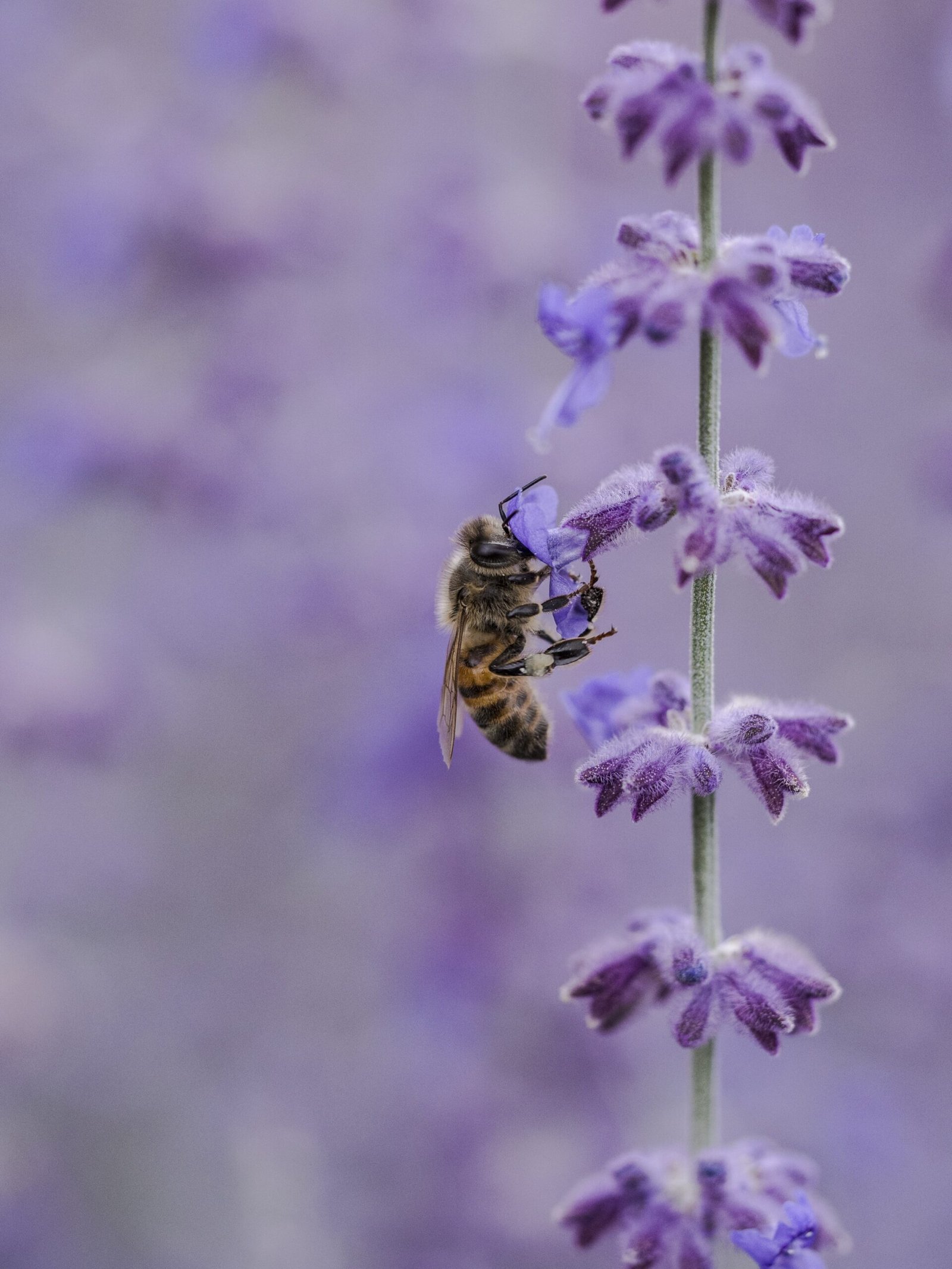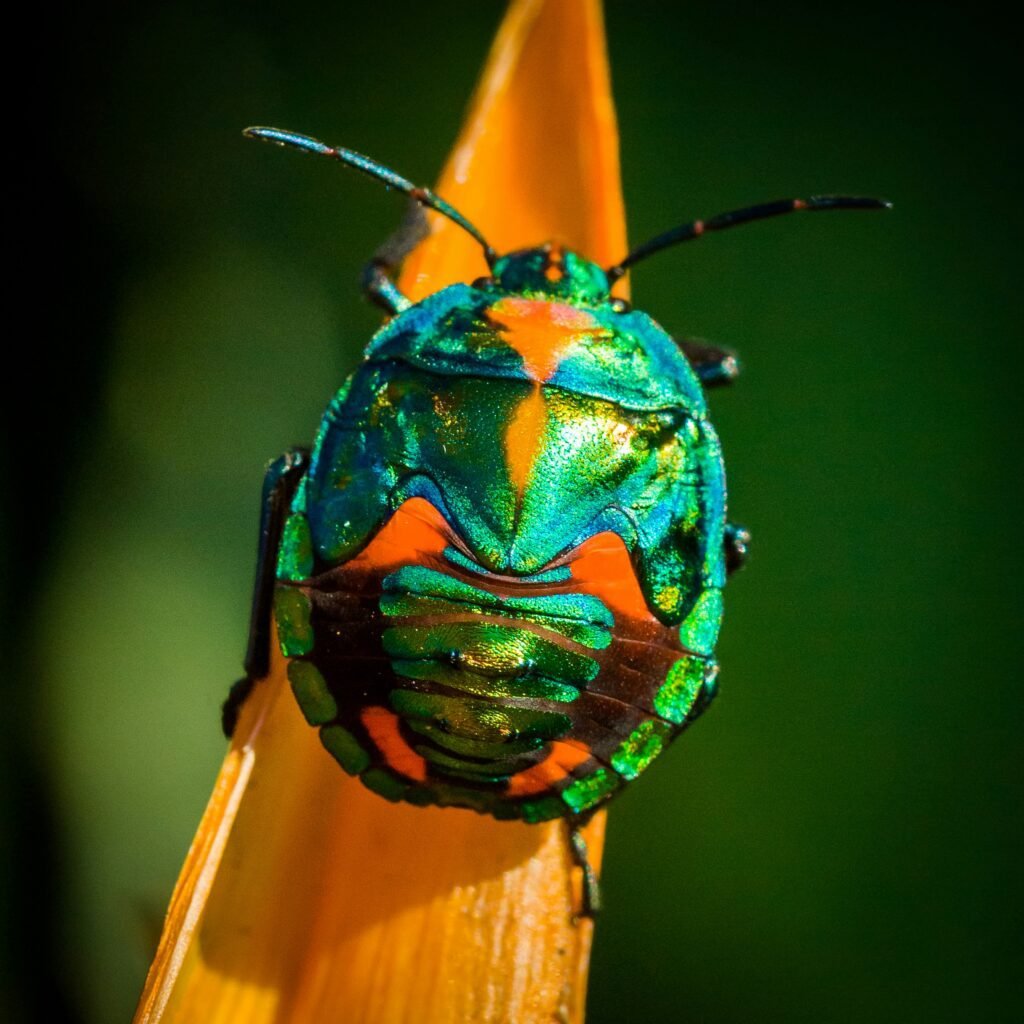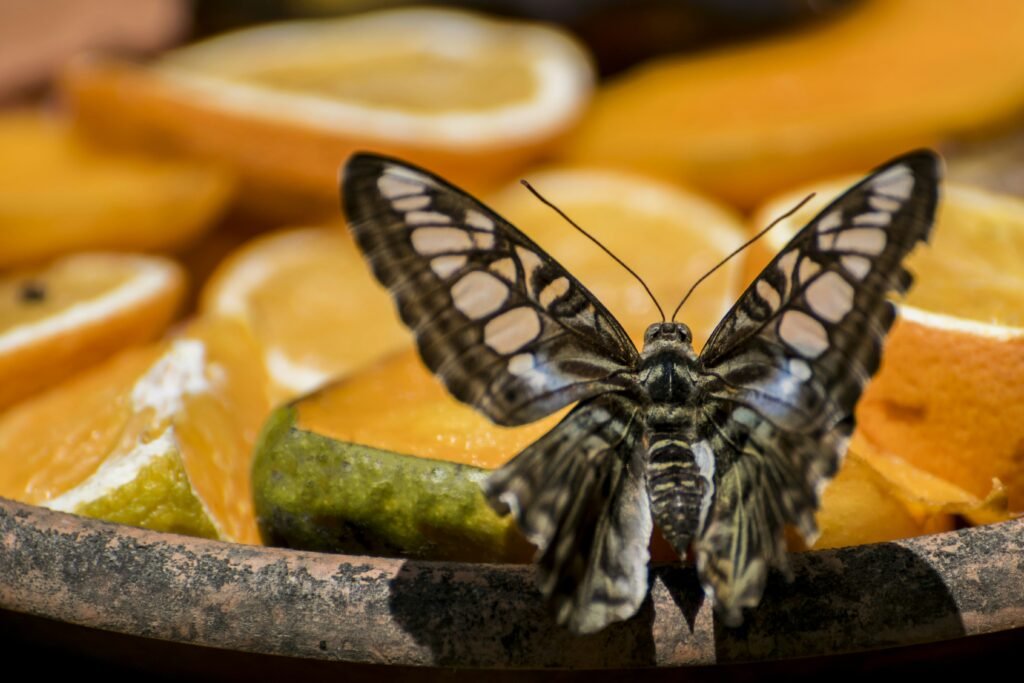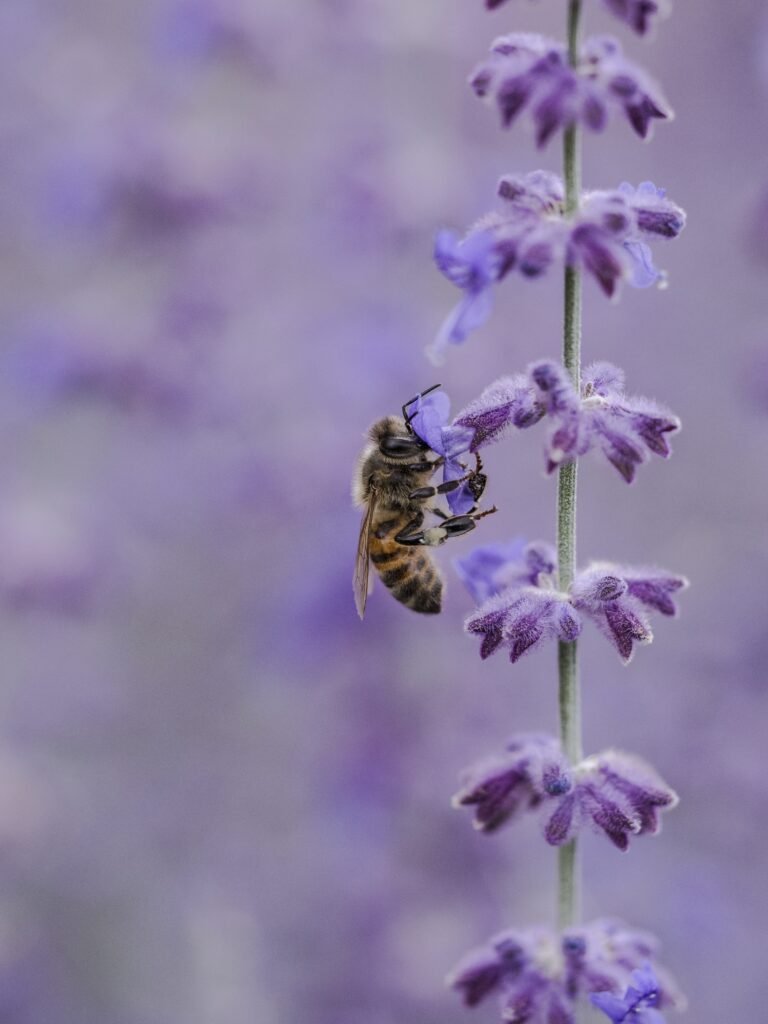

Imagine you are lying in your cozy sleeping bag, under the starlit sky, enjoying the tranquility of nature on a camping trip. However, the peacefulness is interrupted by the relentless buzzing of mosquitoes and the bites from other pesky insects. Fret not, for there are plenty of easy and effective ways to deal with these bothersome critters while camping. From simple tips like applying insect repellent and wearing long sleeves, to clever tactics such as setting up an insect-repelling perimeter, this article will provide you with all the essential knowledge to keep those buzzing bugs at bay and ensure a pleasant camping experience.
Choosing the Right Camping Location
When it comes to camping, choosing the right location can make all the difference in keeping those pesky insects at bay. One of the first things you should consider is selecting a campsite away from water. Mosquitoes and other biting insects tend to thrive near bodies of water, as they lay their eggs in stagnant water. By choosing a campsite that is a good distance away from water sources, you can greatly reduce the chances of encountering these unwelcome visitors.
Additionally, it’s important to avoid areas with high vegetation. Tall grass, bushes, and dense foliage provide the perfect hiding spots for insects. Not only do these areas attract insects, but they also make it much more difficult to spot and swat them away. Opt for a camping spot with open spaces and minimal vegetation to minimize your exposure to bothersome bugs.
Setting up camp on higher ground can also be beneficial in warding off insects. Many insects, such as mosquitoes, are attracted to the moist conditions found in low-lying areas. By choosing higher ground, you can generally avoid these damp environments and decrease the likelihood of encountering a swarm of insects during your camping trip.
Preventative Measures
While selecting the right camping location is essential, it’s also important to take preventative measures to protect yourself from insects. One of the easiest and most effective methods is wearing protective clothing. Opt for long pants, long-sleeved shirts, and closed-toe shoes to minimize exposed skin. This creates a barrier between you and the insects, reducing the chances of getting bitten.
Using insect repellents is another important preventative measure. There are a variety of insect repellent options available, ranging from sprays to lotions. Look for products that contain active ingredients such as DEET or picaridin, as they have been proven to be effective against mosquitoes and other insects. Be sure to apply the repellent to all exposed skin and reapply as directed for maximum effectiveness.
In addition to personal protection, covering your campsite with a mosquito netting can provide an extra layer of defense. This netting can be draped over your tent or attached to surrounding trees to create a bug-free zone. It allows you to enjoy the outdoors without the constant buzzing and biting of insects, giving you a peaceful and comfortable camping experience.


Natural Methods to Repel Insects
For those who prefer natural alternatives, there are several methods to repel insects without the use of chemicals. One effective method is creating a smokey campfire. Insects, especially mosquitoes, are highly averse to smoke and will generally stay away from areas with heavy smoke. Building a campfire and allowing the smoke to waft around your campsite can help keep the bugs at bay.
Essential oils have also been found to repel insects. Certain oils, such as citronella, tea tree, and lavender, have natural insect-repelling properties. You can apply diluted essential oils directly to your skin or create a spray by mixing a few drops with water. Not only will your campsite smell pleasant, but it will also deter insects from getting too close.
Another natural method to repel insects is by planting insect-repelling herbs around your campsite. Herbs such as basil, lemongrass, and mint have strong scents that repel mosquitoes and other insects. Planting these herbs strategically around your campsite can help keep the bugs away while adding a touch of freshness to the air.
Keeping Your Campsite Clean
A clean campsite is essential in preventing insects from being attracted to your camping area. One of the most crucial aspects of keeping your campsite clean is properly disposing of food and trash. Insects are often drawn to the scent of food, and leaving scraps or trash lying around will surely attract them. Make sure to clean up after meals and store food securely to minimize the risk of attracting unwanted visitors.
Packing food in airtight containers is another key step in keeping your campsite clean. Insects have a keen sense of smell and can easily detect the scent of food from a distance. By sealing your food in airtight containers, you can prevent the odor from spreading and minimize the chances of attracting insects to your campsite.
Keeping your tent closed at all times is also crucial in maintaining a bug-free camping experience. This not only helps keep insects out but also prevents them from entering and potentially breeding inside your tent. Make it a habit to zip up your tent whenever you enter or exit, ensuring that insects stay on the outside where they belong.


Avoiding Peak Mosquito Activity Times
Understanding the peak mosquito activity times in your camping area is valuable information in planning your outdoor activities. Mosquitoes are most active during dusk and dawn when the temperatures are cooler. These are the times when you are most likely to encounter mosquitoes in larger numbers. By being aware of these peak times, you can plan your activities accordingly to minimize your exposure to these buzzing insects.
When planning your outdoor activities, try to schedule them during times when mosquito activity is lower. Midday, when the sun is high and temperatures are warmer, tends to be a period when mosquitoes are less active. Taking advantage of these periods ensures that you can enjoy your outdoor adventures without the constant annoyance of mosquitoes buzzing around.
During peak mosquito times, finding shaded areas can also be helpful in avoiding these pests. Mosquitoes are less likely to be active in shaded areas as they prefer warm and sunny environments. Take breaks under trees or set up your picnic area in shaded spots to reduce your chances of encountering mosquitoes during their peak activity times.
Choosing the Right Camping Gear
Equipping yourself with the right camping gear can greatly enhance your insect protection. Using a mosquito-proof tent is crucial in creating a bug-free sleeping space. These tents are specifically designed with mesh panels that keep mosquitoes and other insects out while still allowing for proper ventilation. Investing in a mosquito-proof tent will ensure a peaceful and comfortable night’s sleep.
Insect-repellent clothing is also an excellent addition to your camping gear. Many outdoor clothing brands offer garments that are treated with insect-repellent properties. These clothes provide an extra layer of protection against insects, particularly when paired with other preventative measures such as insect repellents and proper covering of exposed skin.
Using camping hammocks to stay off the ground can also help minimize insect encounters. Insects often crawl along the ground, making camping on the bare ground a prime opportunity for them to reach you. Using a camping hammock suspended between trees can elevate you above ground level, reducing your exposure to insects.


Minimizing Attractants
Avoiding strong smelling products is an important step in minimizing your attractiveness to insects. Certain scents, such as floral or fruity fragrances, can attract insects, especially bees, wasps, and other flying insects. When camping, it’s best to opt for unscented or lightly scented products to avoid drawing unnecessary attention from these buzzing creatures.
Fragranced toiletries, such as perfumes, lotions, and shampoos, can also attract insects like mosquitoes. These insects have a keen sense of smell and are attracted to floral and fruity scents, mistaking them for sources of nectar. Choosing unscented or insect-repellent toiletries can help keep mosquitoes and other insects at bay, reducing the chances of getting bitten.
Covering up food and drinks is paramount in minimizing attractants for insects. Insects are particularly drawn to the scent of fruits, sugary drinks, and other sweet treats. By covering up your food and drinks when not in use, you can help prevent unwanted insect visitors. This also serves to reduce the chances of contaminating your food with insects, ensuring a safe and enjoyable camping experience.
Dealing with Mosquito Bites
Despite your best efforts, there may still be instances where you find yourself with mosquito bites. Thankfully, there are various ways to alleviate the itching and swelling associated with mosquito bites. Applying anti-itch creams or lotions can provide instant relief by soothing the affected area and reducing the urge to scratch. These creams often contain ingredients like hydrocortisone or calamine, which help calm the skin and reduce inflammation.
Using cold compresses is another effective method to reduce swelling caused by mosquito bites. Applying a cold compress, such as a clean ice pack or a cloth soaked in cold water, to the affected area can constrict blood vessels and reduce inflammation. This provides immediate relief and can help to minimize the appearance of the bite.
In cases where mosquito bites result in allergic reactions, taking antihistamines can be beneficial. Antihistamines help counteract the body’s immune response to allergens, reducing symptoms such as itching, swelling, and redness. It’s important to consult a healthcare professional or pharmacist for advice on proper dosage and any potential side effects before taking antihistamines.


Knowing the Local Insects
Understanding the common insects in your camping area is essential for effective insect management. Take the time to research the types of insects you are likely to encounter in your chosen camping location. By familiarizing yourself with their appearance, behavior, and habitats, you can better prepare yourself and take the necessary precautions to prevent encounters and potential bites.
Learning about local insect behaviors and habitats can provide valuable insights into how to avoid them. For example, certain insects are attracted to specific types of vegetation or environments. Armed with this knowledge, you can proactively choose camping spots that are less likely to attract these insects. Additionally, understanding their mating and feeding patterns can help you plan your activities and avoid peak insect times.
Identifying dangerous insects and understanding their potential dangers is crucial for your safety. While most insects encountered while camping are harmless, there are exceptions. Some insects, such as certain species of spiders or venomous insects, can pose a threat to humans. Knowing how to identify these dangerous insects and being aware of their typical habitats will enable you to take appropriate precautions and respond appropriately in case of an encounter.
Seeking Professional Help
In situations where preventive measures and self-management are insufficient, it may be necessary to seek professional help. Consulting a local exterminator can provide expert advice and solutions tailored to your camping area. Exterminators have the knowledge and tools to effectively deal with pest problems, ensuring a bug-free camping experience.
Asking for advice from experienced campers can also be helpful in finding effective solutions to insect problems. They may have encountered similar situations and can provide firsthand recommendations and tips based on their experiences. Experienced campers often have insights into local insects and effective strategies for keeping them at bay, making them a valuable resource.
Reaching out to camping experts for guidance is another option to consider. Whether contacting park rangers, camping supply stores, or online camping communities, these experts can offer advice and recommendations specific to your camping needs. They may provide information on local insect populations, effective insect repellents, or even suggest alternative camping locations with fewer insect concerns.
By following these comprehensive guidelines and taking the necessary precautions, you can enjoy a mosquito-free camping experience. Remember to choose your campsite wisely, take preventative measures, and stay informed about the local insects in your camping area. With a little preparation and the right strategies, you can keep those buzzing insects at bay and fully enjoy the wonders of the great outdoors. Happy camping!


Leave a Reply